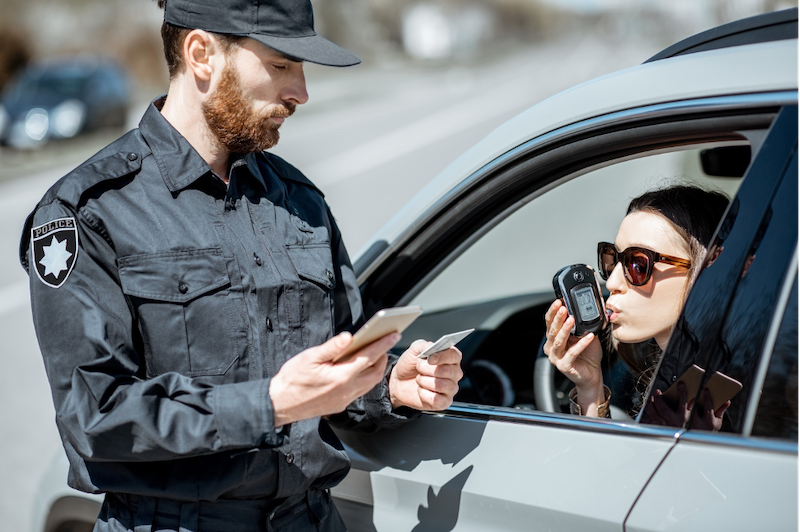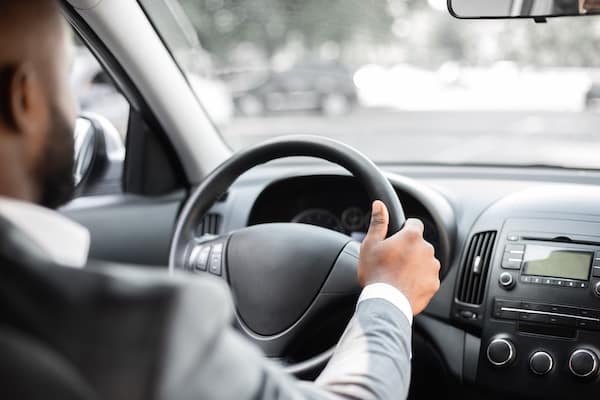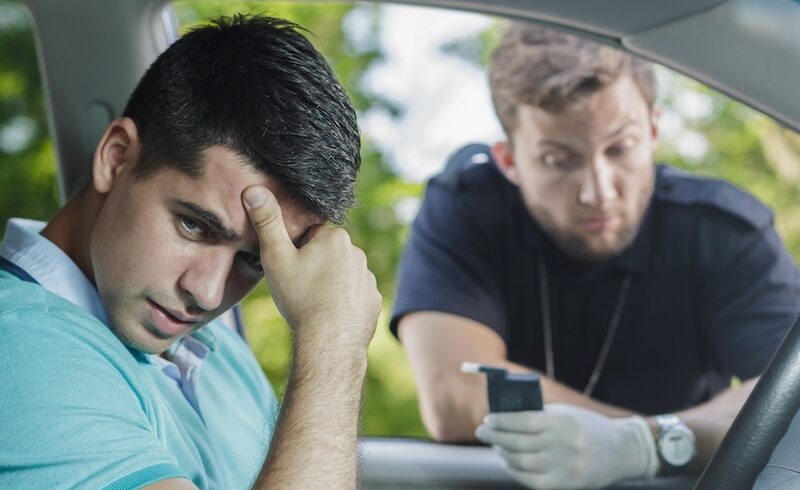
A DUI in Illinois, like most places, can be a dark stain on your driving record. It may lead to damages or loss of life. But what happens if you just happen to be a drunk passenger?
When an officer of the law pulls you over, it may seem like all bets are off. Fortunately, the Illinois DUI laws are very clear as it concerns who is responsible, and who is not.
DUI in Illinois: What Is the Law?
625 ILCS 5/11-501 enshrines the DUI law in Illinois. Like other states, there is a minimum BAC (blood alcohol content) level that you must meet. The officer may choose to administer a breathalyzer test to measure your BAC.
If your BAC is 0.08% or more, then the officer can arrest you for a DUI. However, even without this evidence, the Illinois state can convict you if there is reasonable evidence of impairment.
Impairment isn’t limited just to alcohol. Cannabis and other mind-altering drugs can lead to a DUI as well if evidence suggests it impaired driving ability. In the case of cannabis, impairment is legally 5 nanograms per millimeter of blood or above.
How Does DUI Sentencing Work?
The penalties for a DUI vary depending on how many times the convicted has had a DUI. Their first offense constitutes a Class A misdemeanor. This means their fines will be between $500 and $2,500.
The fine may go up depending on whether there was a minor in the vehicle. There may be obligations to complete a certain number of hours of community service. Even when alone, the driver may have to attend substance abuse counseling.
There may be a minimal amount of jail time served. The fines and jail time sentences go up with subsequent offenses. Further, the operator may have their license suspended as a result.
Can a Passenger Get a DUI?
Believe it or not, this is not a simple yes or no! As with all situations regarding the law, the circumstances will decide things.
DUI law makes no exceptions: only the person who is operating the vehicle while under the influence is responsible. Passengers (no matter their age) whether in the front or back seats cannot be convicted of a DUI.
However, there are cases where a drunk passenger may have taken control of the wheel. Or, a driver may have switched places with a sober passenger to avoid arrest when pulled over. The officer who arrives at the scene may suspect that to be the case if there appear to be inconsistencies.
Other situations may bring into question who was actually driving. For example, you and a group of friends get in an accident–one of whom is drunk. Even if the driver was sober, the police officer may suspect the drunk person was responsible–despite others corroborating this version of events.
This becomes even more complicated based on witness statements. A witness may claim to have seen the driver control the vehicle in erratic ways. This may contribute to the officer investigating further rather than accepting your story.
Supplying the Driver With Alcohol
An officer may suspect that you–or others–gave the driver alcohol. They may determine that you share responsibility for encouraging them to drink.
Open Containers
If the evidence supports you, you cannot get a DUI while riding as a passenger. However, you can receive other penalties.
In Illinois as in other states, it is illegal to have an open bottle of alcohol in the vehicle. Even if the officer determines that the driver is not drunk, the passenger–and/or others–may suffer penalties. These penalties are steep for those who are under the drinking age.
Marijuana has a similar situation. Even if this is legal medical marijuana, it must be in a sealed container.
What Do You Do if You Suffer a DUI or Penalties as a Passenger?
These cases tend to be tricky. There’s the officer’s version of events, your version, and the version of witnesses. The officer may interview you separately from other passengers to see if your story holds up.
There may be pieces of evidence that, despite the truth, may work against you. You may have simply left an open bottle of alcohol in the car, for example.
The point is, you should seek legal assistance. A lawyer knows these sorts of cases, and they can help you obtain a favorable outcome. Call a lawyer before you give the police any information, and have them present for further proceedings.
Find Legal Representation
A DUI in Illinois is the same as in other states, meaning the passenger cannot get a DUI. However, varying circumstances may lead law enforcement to suspect that your story doesn’t hold up in court. Obtain legal assistance before you fight this sort of case alone.
JMQ Law is here to help you find a quality DUI attorney. Contact us today for a free consultation.


